The most extreme weight loss methods revealed
Opt for a healthy eating plan and regular exercise over these restrictive diets

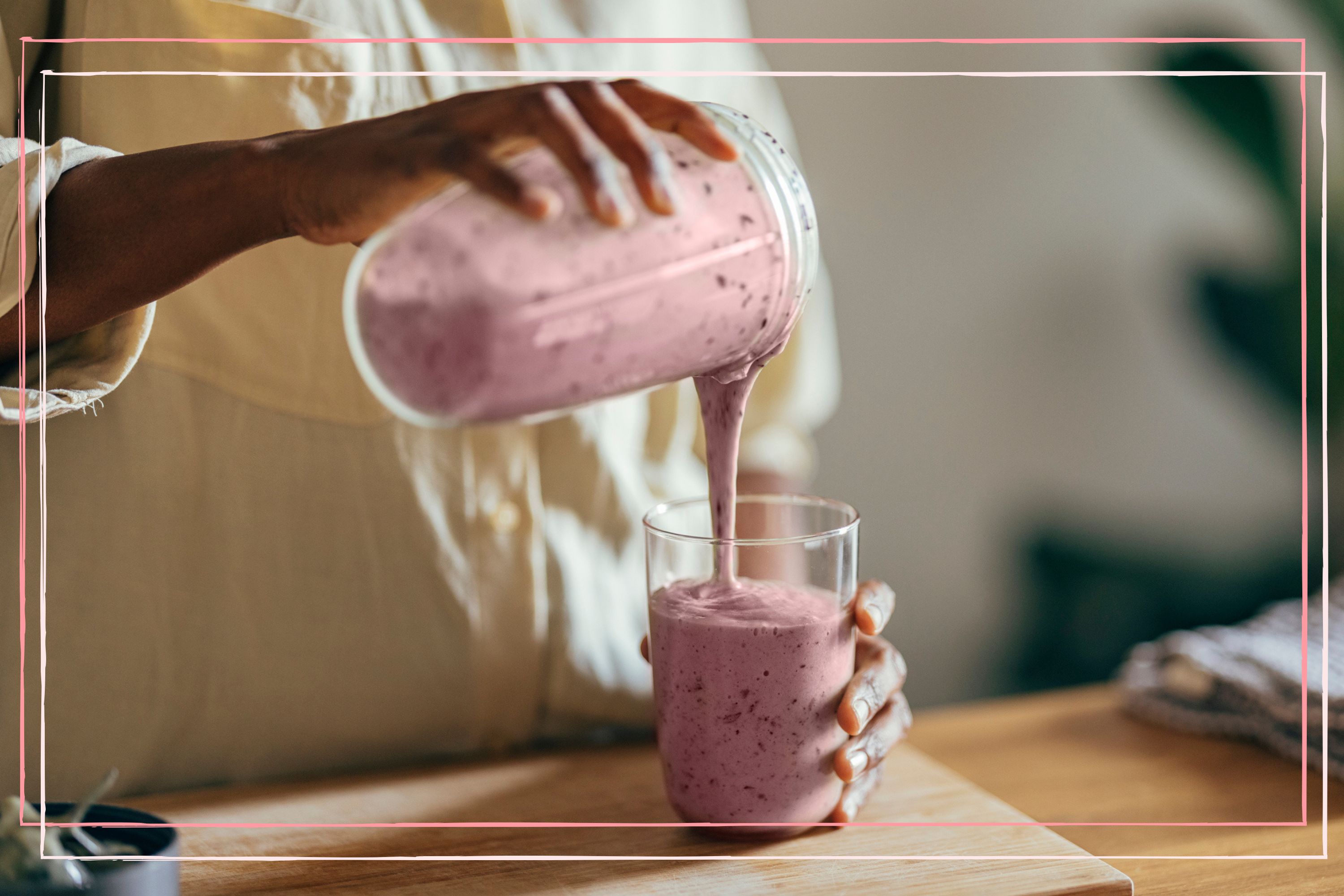
Parenting advice, hot topics, best buys and family finance tips delivered straight to your inbox.
You are now subscribed
Your newsletter sign-up was successful
Extreme diets are appealing because they often result in rapid weight loss. The thing is, this kind of restrictive eating is not sustainable and can cause health problems.
"Because of the extreme nature of plans like the Dukan, Atkins and keto diets, it’s almost impossible - and dangerous - to stick to them long-term, and so often people regain the weight they lost after stopping the diet," personal trainer Maddy Biddulph told Goodto. "Restricting calories too severely can also lead to weaker bones and muscle wastage, because the body isn’t getting the nutrients it needs, as well as more serious issues like fertility problems."
But despite the health risks, people are still obsessed with finding that quick fix to losing weight. In this article, we reveal some of the most extreme diets out there. A word of warning: we are not recommending these, and if you want to lose weight there are more sustainable and medically approved ways to do so. Biddulph says, "I would first talk to your GP about sustainable weight loss plans, and consider hiring a personal trainer. Both will be able to advise on the safest and most effective course of action."
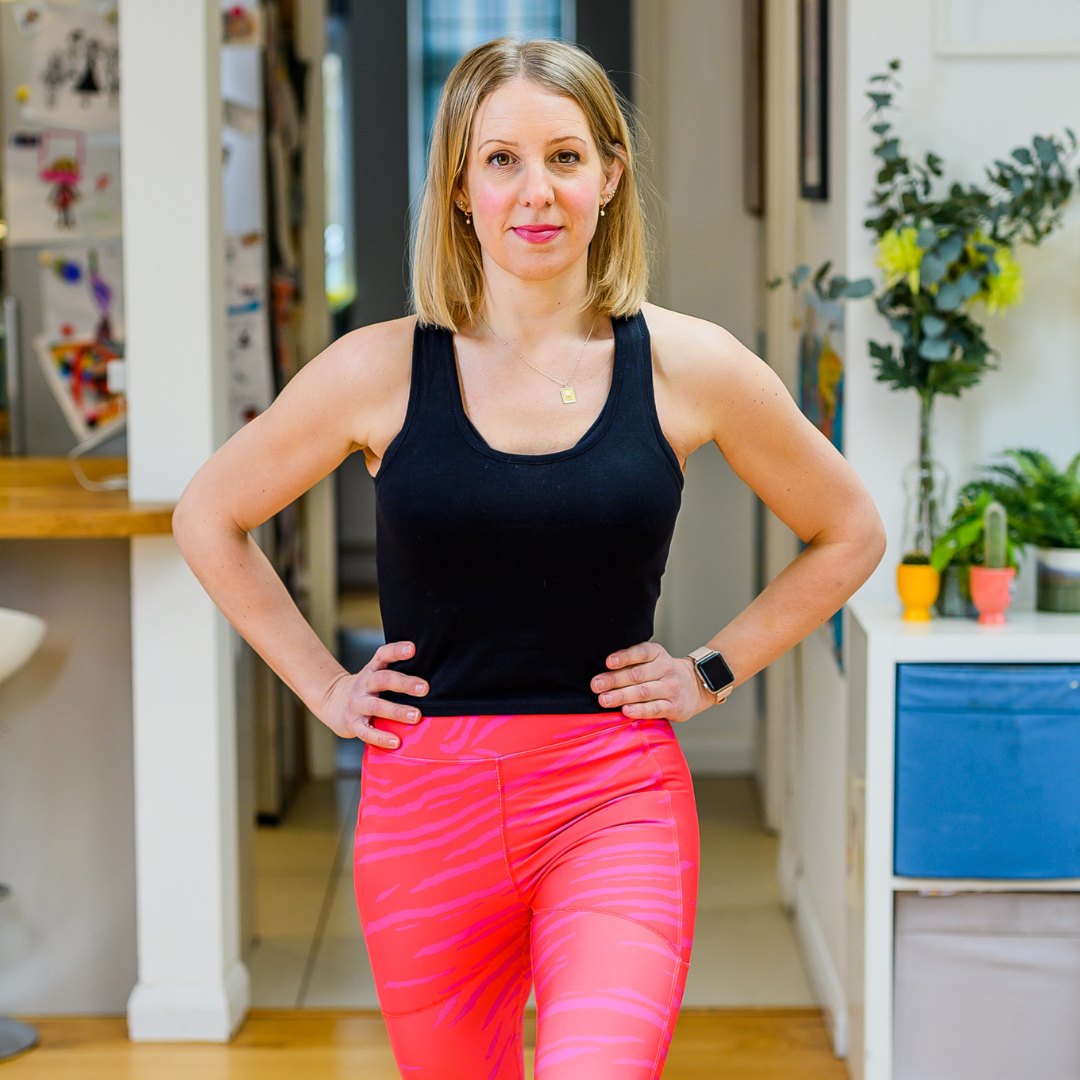
Maddy Biddulph is a qualified L3 personal trainer and weight loss advisor. She helps women over 40 navigate menopause by improving their physical and mental strength. At Maddy Biddulph Personal Training, she runs one-to-one, online and small group training for menopausal women who want to get fit to ease symptoms and feel like themselves again.
12 of the most extreme diets:
1. The Chemical Diet
Extreme factor: 5/10
The Chemical Diet consists of only eating lean, non-fried meat, eggs, vegetables and just a tiny bit of bread or fruit. You are also allowed water. Apparently, the combination of foods is supposed to react together chemically and burn fat. It's also been promoted as a way to reduce blood sugar levels and support long-term blood sugar control.
As with most extreme diets, it’s difficult to sustain long-term because of its restrictive nature - and there's no evidence to suggest it even works. It's not nutritionally balanced and these foods, whatever their combination, are unlikely to contain enough calories to get through the day.
Maddy Biddulph says: "Because of the limited ingredients in this diet plan, the body will be lacking in important nutrients it needs to function properly. Plus, the low-calorie count will mean dieters might suffer mood swings and lack of focus because of hunger."
Parenting advice, hot topics, best buys and family finance tips delivered straight to your inbox.

2. The Bulletproof Coffee Diet
Extreme factor: 4/10
The Bulletproof Coffee Diet is more of a diet hack than one in its own right. A Bulletproof Coffee is essentially an alternative to a standard breakfast, made up of a standard filter coffee, with one to two tablespoons of oil and one to two tablespoons of unsalted butter.
As well as being just a standard recipe that anyone can follow, Bulletproof Coffee has created a whole franchise around its product with purpose-built coffee, oil and unsalted butter all available to buy on its website. According to the website, a Bulletproof Coffee works in conjunction with other plans - including the paleo diet, intermittent fasting and One Meal a Day.
As far as extreme diets go, it's not too bad - but we're not sure how many people will want to be drinking a knob of butter and big glugs of oil along with their morning coffee.
3. Maple Syrup Diet
Extreme factor: 8/10
Beyonce famously used the Maple Syrup Diet to lose weight before her role in movie Dream Girls and is reported to have lost half a stone - but it's hardly sustainable for even just a day. Also known as The Lemon Diet, it was invented by naturopath Stanley Burroughs over 30 years ago.
It involves a detox drink made up of two tablespoons (about 20ml) of Natural Tree Syrup with two tablespoons of freshly squeezed lemon juice, a pinch of cayenne pepper or ginger, and half a pint of hot or cold water. The diet suggests you drink six to nine of these drinks a day - and that's it. While you can expect rapid weight loss, the list of side effects is long, from diarrhoea to headaches, nausea and mental irritability - as well as being permanently hungry. It's a pretty radical way to lose weight and even the creators themselves advise against it long-term, for obvious reasons.
Biddulph says: "A tablespoon of Natural Tree Syrup contains just 26 calories. That means if you have six drinks a day, each containing the recommended two tablespoons of syrup, your calorie intake will only be 312 calories. Even nine drinks only provide 468 calories. The average woman needs 2,000 calories a day, so this is a scarily low amount and definitely not advisable."
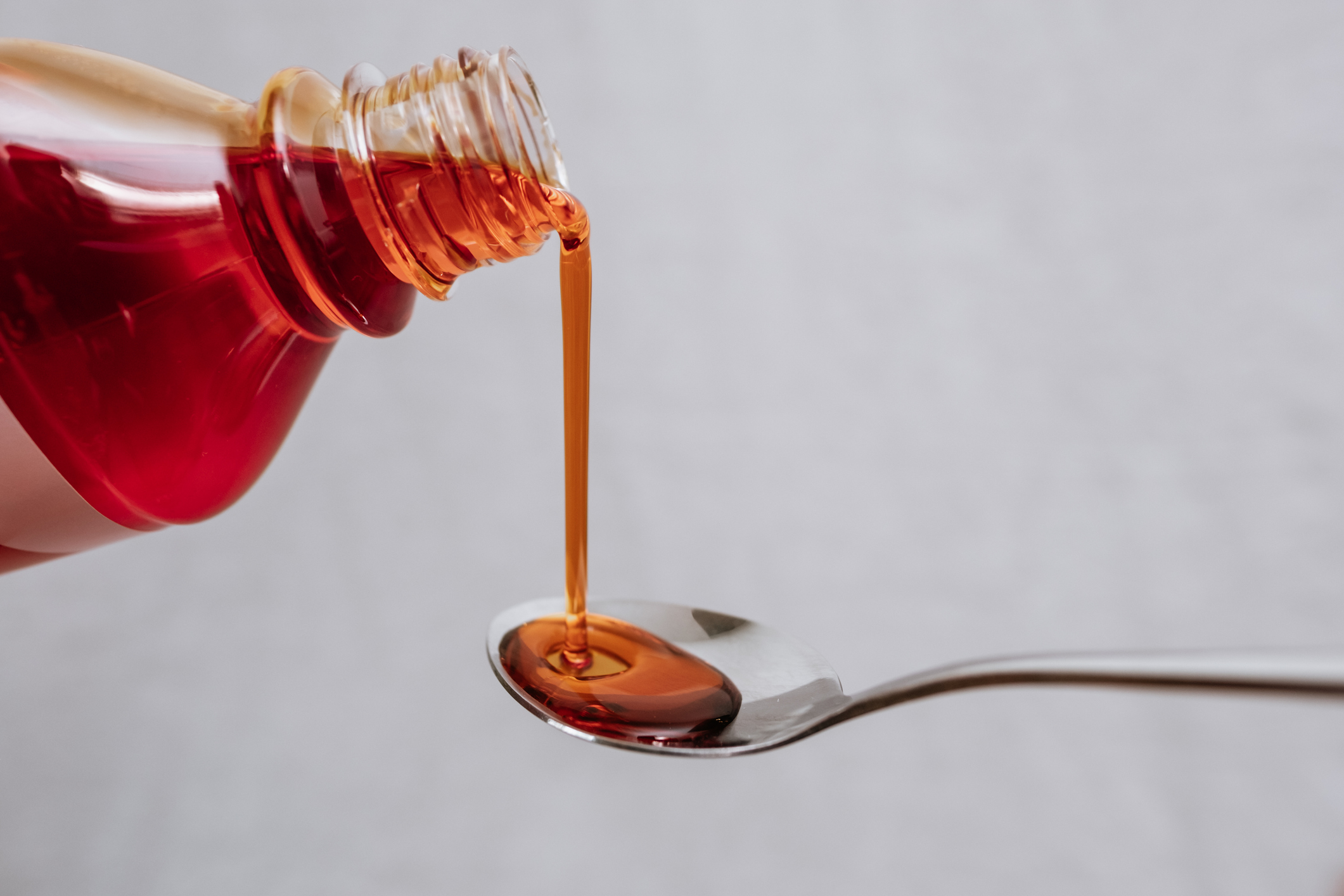
4. The Raw Food Diet
Extreme factor: 7/10
While raw fruit and vegetables have many advantages and there are plenty of medically-recommended diets that recommend eating more raw food, it's normally combined with other foods.
The Raw Food Diet suggests people eat anything that is unprocessed and uncooked - including fruit and vegetables, nuts, seeds, beans, seaweed and purified water. No more than 75% of food can be heated over 116°C, though.
Biddulph says: "While raw food is full of the good nutrients we need to function, cutting out major food groups like carbohydrates is never a good idea and can be seriously damaging to your body and metabolism. Carbs, fats and proteins are all essential for the body to work properly."
5. The Strawberry Diet
Extreme factor: 8/10
There are two versions of this diet: one where you supplement healthy, daily meals with strawberries for their natural health benefits (including high levels of vitamin C, folic acid and potassium). But naturally, there's a more extreme version too, called the Strawberry Fast.
This is where the dieter eats nothing but strawberries for rapid weight loss. While strawberries are very healthy, eating them alone isn't only unsustainable, but you'll miss out on all the other vital elements of a balanced diet - and be very, very hungry.
"Similar to the raw food diet, only eating one food type can be damaging to the body and can lead to nutritional deficiencies," Biddulph told Goodto.
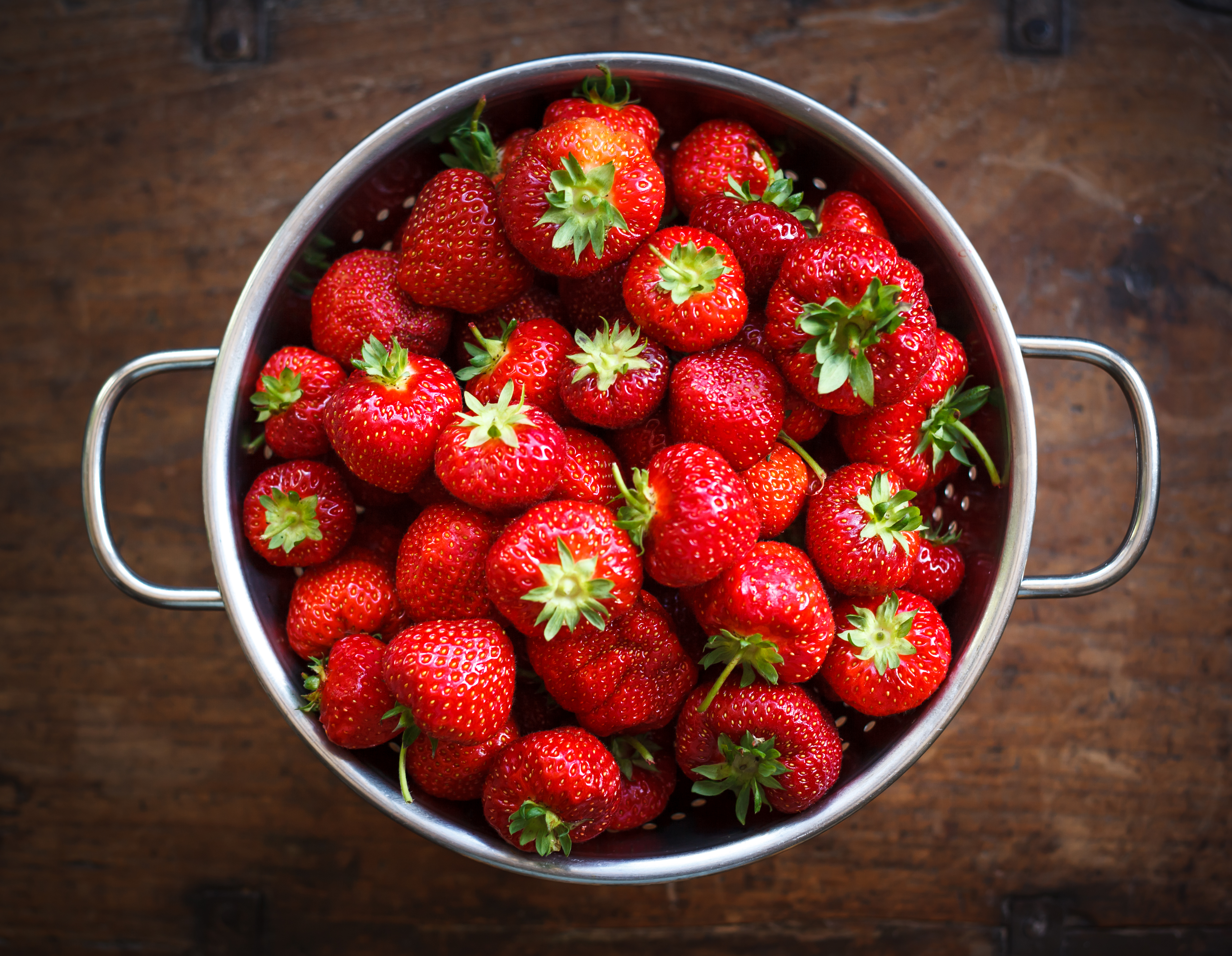
6. The Snake Juice Diet
Extreme factor: 9/10
The highly controversial Snake Juice Diet promises rapid weight loss and mirrors the way the reptile eats. Also known as ‘snake dieting’, dieters are encouraged to fast for long periods of time in between meals in order to lose weight.
However, nutritionists have said that there is categorically "absolutely nothing good about this diet", and Biddulph agrees. "While various studies including one in the Canadian Medical Association Journal have suggested that short-term fasting can have health benefits, the Snake Diet poses some extreme risks as it fails to meet nutritional needs and could promote disordered eating."
7. The Egg Diet
Extreme factor: 8/10
The Egg Diet is exactly what it says on the tin - it's a diet that involves eating nothing but eggs, along with small amounts of lean protein and fresh vegetables.
While businessman Charles Saatchi reportedly lost four stone in 10 months on the plan, there are so many healthier ways to lose a big amount of weight, including the most basic way and medically verified weight loss method - being in a calorie deficit and upping the exercise.
Biddulph says: "Much as I love eggs, and they are really nutritious, this sounds like a really unappealing and miserable eating plan. Only eating eggs means that you are missing out on major nutrients needed to survive, including fibre and calcium."
8. The Macrobiotic Diet
Extreme factor: 7/10
The main emphasis of this diet is eating wholegrains for 60% of all meals, with the rest made up of raw vegetables. This might sound fine in theory but one famous face who reportedly tried the diet said it made her throw up.
Gwyneth Paltrow told V Magazine that she was on the diet for "about three or four years" before becoming pregnant with her daughter. "I couldn’t look at brown rice. It made me throw up. But being macrobiotic is basically about eating local, organic, seasonal food that isn’t processed, and that’s how I eat now, so it’s not that different."
9. Grapefruit Diet
Extreme factor: 6/10
This is one of the most famous extreme diets out there, having been invented in the 1930s and outlasted most other fad diets. There are many variations of it but they all include one thing - grapefruit, and lots of it. Apparently, the fat-burning enzymes in grapefruit, when eaten with protein, can result in weight loss. The idea is to start each meal with half a grapefruit, eat lots of protein and drink plenty of water and black coffee.
While this diet may help you lose a few pounds in the short-term, it's going to be an unpleasant process and any weight loss will probably pile straight back on once you return to your normal diet. Such a drastic reduction in calories and change in diet can also result in dizziness and an upset stomach, along with lots of other unpleasant side effects.

10. The Cabbage Soup Diet
Extreme factor: 6/10
Much like many of the other extreme fad diets, the Cabbage Soup Diet consists of just one ingredient eaten over and over again. This one requires a person to eat copious amounts of cabbage soup, in a bid to reduce their calorie intake. Any medical expert would advise against this diet because it's completely devoid of essential nutrients, such as sufficient carbohydrates and protein.
Other experts suggest that it's a complete waste of time because it forces the body into starvation mode. This means that your metabolism slows down and your body holds onto fat - which is surely the complete opposite of the end goal here.
11. The Potato Diet
Extreme factor: 6/10
The Potato Diet is another classic extreme way of eating, and much in the same way as the others, is largely advised against. This extreme diet involves (predictably) eating nothing but potatoes for breakfast, lunch and dinner for one whole week. It's unsustainable in the long term and as potatoes lack protein and fat - two vital nutrients.
But it has been proven to work. The Potato Diet was shown on Channel 4 show How to Lose Weight Well and Caroline, the woman who followed the diet on the show, was able to lose nearly a stone in just a week. However, it’s not known if she regained the weight after returning to her normal diet and losing weight so quickly is not healthy.
Biddulph warns: “Long-term reliance on this diet could lead to multiple nutrient deficiencies and a gradual loss of muscle, too.”
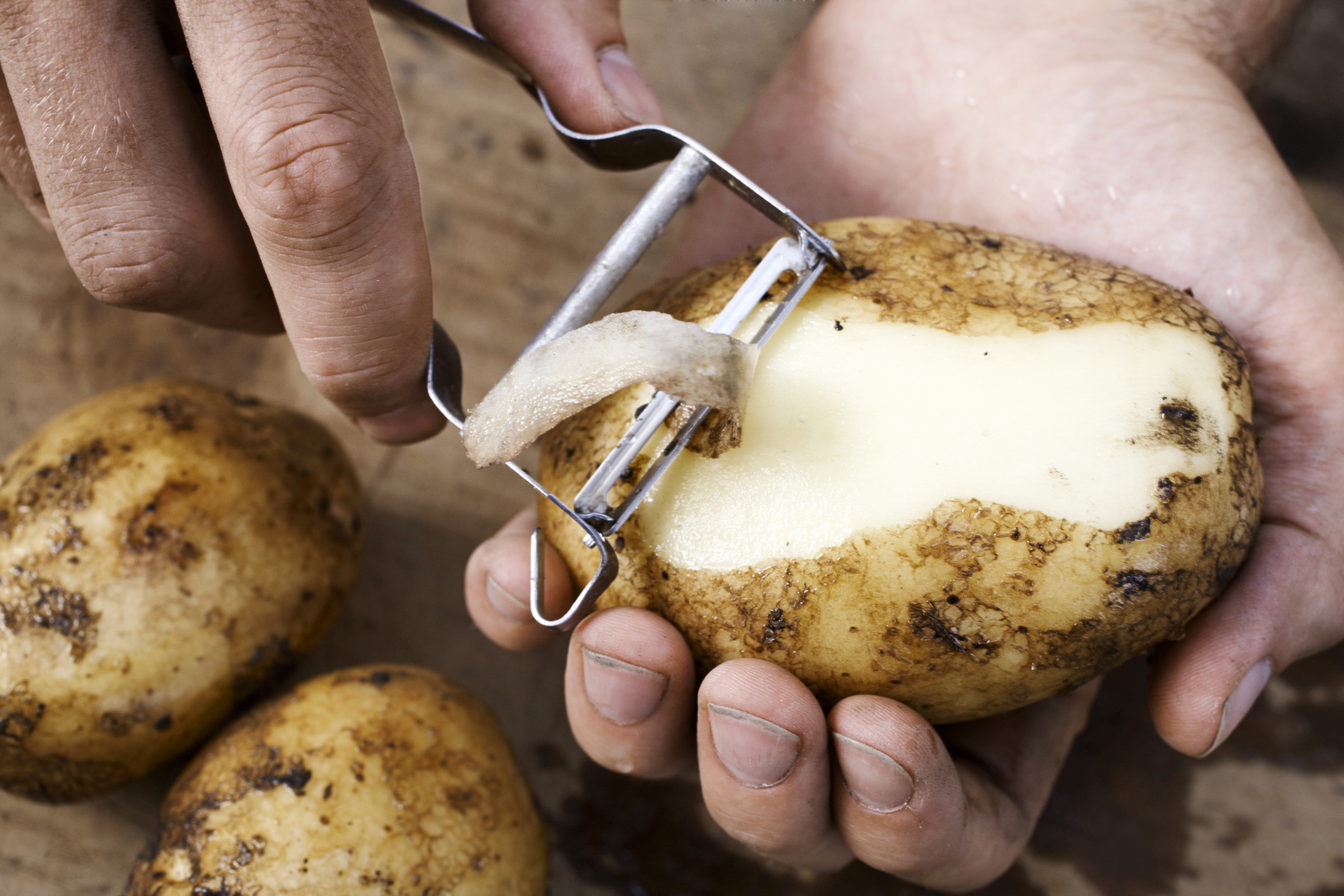
12. Dr Siegal's Cookie Diet
Extreme factor: 6/10
There are cookies involved, but not as we know them. This diet has been around for about 40 years and the creators claim that it can help people lose about 11 to 17 pounds in just one month. This diet relies exclusively on cookies from the Dr Siegal brand (coming in flavours of chocolate brownie, cinnamon oatmeal, maple pancakes, and butterscotch) for all three meals throughout the day, alongside one meat and vegetable dinner.
Each cookie contains just 90 calories and is made up of low GI ingredients, such as whole wheat flour, bran and oats. The only meal you can have is the high protein meat and vegetable dinner, along with two more cookies afterwards if you're still hungry.
Extreme diets - conclusions:
With multiple downsides to these fad diets and no proof that you won't immediately gain all the weight back on once you start eating normally again, it's better to plan for long-term, healthy weight loss than follow an extreme regime.
Maddy Biddulph says, "It’s pretty clear to see that extreme diets don’t work, and the person following them will no doubt be very hungry and very miserable.
"Plus, when they go back to normal eating habits they will probably regain any weight they lost. The best way to lose weight, and keep it off, is to follow a healthy, nutritious diet that you can stick to forever, and make sure you do regular exercise."
If you want to know the ins and outs of some of the most popular diets out there, we've explained the 7 day detox plan, the 1,000 calories meal diet, the Fast 800 diet and the 16:8 diet. We've rounded up 14 celebrity diets too.

Grace Walsh is a health and wellbeing writer, working across the subjects of family, relationships, and LGBT topics, as well as sleep and mental health. A digital journalist with over six years experience as a writer and editor for UK publications, Grace is currently Health Editor for womanandhome.com and has also worked with Cosmopolitan, Red, The i Paper, GoodtoKnow, and more. After graduating from the University of Warwick, she started her career writing about the complexities of sex and relationships, before combining personal hobbies with professional and writing about fitness.